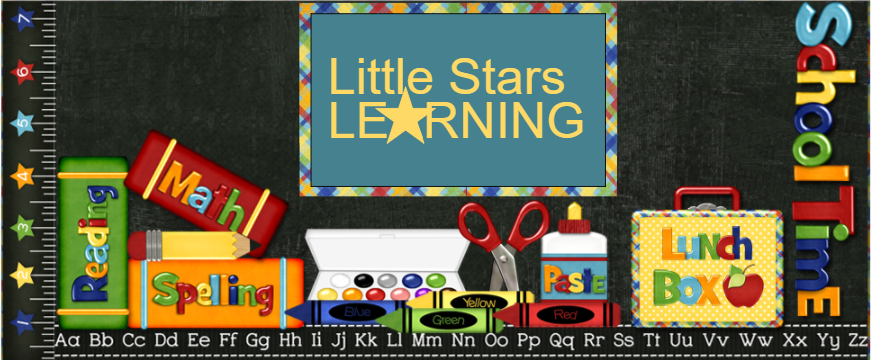Most children have a desire to communicate and get themselves heard and understood. Most children have a need and desire for adult approval that leads them to do what is expected when expected.
Gifted kids, often not so much.
However, all children perform better and with more enthusiasm when they see a REASON for their efforts, especially if that reason is personally gratifying through some enlightenment, intrigue or purpose. For gifted children, who often have so much going on in their heads, taking the time to focus and perform must have purpose, otherwise, they have better things to do.
It's not that they CAN'T do it.
I have a little girl, Miss A, who is going on 4. If she was an average child, I'd be looking at why she has not followed the normal developmental progression of drawing figures around the age of 3, and detailed figures by the age of 4. She makes little scribbles for people still, not even the "drawing" figures of a 2 year old, just random dark scribbles.
But she's not average. She has a nearly photographic memory and at 3 3/4 can read nearly anything we place before her. She is artistic, creative, and music and has been dance inclined since birth. But drawing isn't her thing. Movement based expression and verbal expression are her strengths.
So I know why she doesn't draw figures. She doesn't see a purpose.
The other two preschoolers have a need to put down on paper their story. They want to show it and tell it to their parents and others at some future time, and they want to make sure it is RIGHT. They put a lot of time and effort into getting their pictures the way they want them to be, and insist I journal their drawings in precise detail.
Miss A, however, knows that she will be able to accurately tell her story to anyone at anytime. The picture in her head, which will always be there just the same, is so much grander than anything she could ever get down on a two dimensional piece of paper, that it just doesn't seem worth the time or effort to draw it. It will never be RIGHT. It will never be enough. She can draw her picture with words so much better.
She'd rather write words. They have purpose. They can be perfect.
As her teacher, I know that her developmental level and intelligence level make it very apparent that she CAN draw figures. So I challenged her last week on Monday journal. She drew a circle for a dog.
This week I challenged her again. I told her to look at her friends and draw them with shapes, starting with circles for their head and body. She drew a fairly detailed figure, exceeding the 10 identifiable features we look for in Kindergarten.
It was perfect. In my estimation.
She didn't really care, just shrugged when I complimented it, then started in telling me the story about her picture in extravagant detail.
My oldest is gifted. He was nearly held back every year. When I took him out to homeschool, he was failing every class. Yet, he had an average test score in the high 90s in every subject. They wanted him to do worksheets, and games, and homework, projects and busy work. He found it painful to waste his time when he had better things to do. So he would go into his own head and spend his time there. He did great in college, though, because every class had a purpose towards his life goals.
My youngest is not gifted.. However, he has known from a very early age what he wants to be when he grows up. School work falls into three categories.
- I need to know this. I must master it. [Java]
- I don't need to know this, but it is interesting, so I will find out everything I possibly can about it. [Mythology]
- I will never use this in my life and it is a complete waste of time. [Diagramming sentences]
As his teacher, it is my responsibility to ensure that he makes these determinations accurately, and with an understanding that he may change his life direction at some point in the future. But yeah, some of what is taught in the school years is simply a complete waste of time. Probably not as much as most high school students believe, but some.
Gifted children are still CHILDREN, with limited life experience and incomplete data. They need guidance, but most of all, they need understanding, challenge, and PURPOSE.
This is why project based education is such a better fit for gifted students. When they have a topic that interests them, the surrounding educational component has an intense purpose to their learning. A gifted child may not know their times tables, yet be able to instantly spout accurate, detailed statistics about a subject that interests them. Using their interest as a pathway, it can be very easy to slide educational components, of high complexity, along that path they are ready to run, and it can lead to such amazing learning opportunities and extraordinary retention.
This is why project based education is such a better fit for gifted students. When they have a topic that interests them, the surrounding educational component has an intense purpose to their learning. A gifted child may not know their times tables, yet be able to instantly spout accurate, detailed statistics about a subject that interests them. Using their interest as a pathway, it can be very easy to slide educational components, of high complexity, along that path they are ready to run, and it can lead to such amazing learning opportunities and extraordinary retention.
Always look at the whole child. Never focus on one small skill and miss the much bigger picture of the child's abilities.















No comments:
Post a Comment
Note: Only a member of this blog may post a comment.